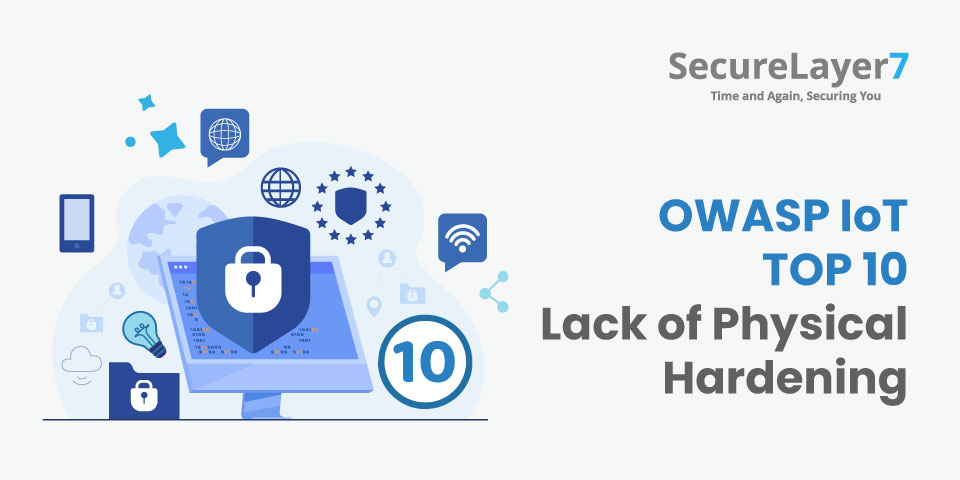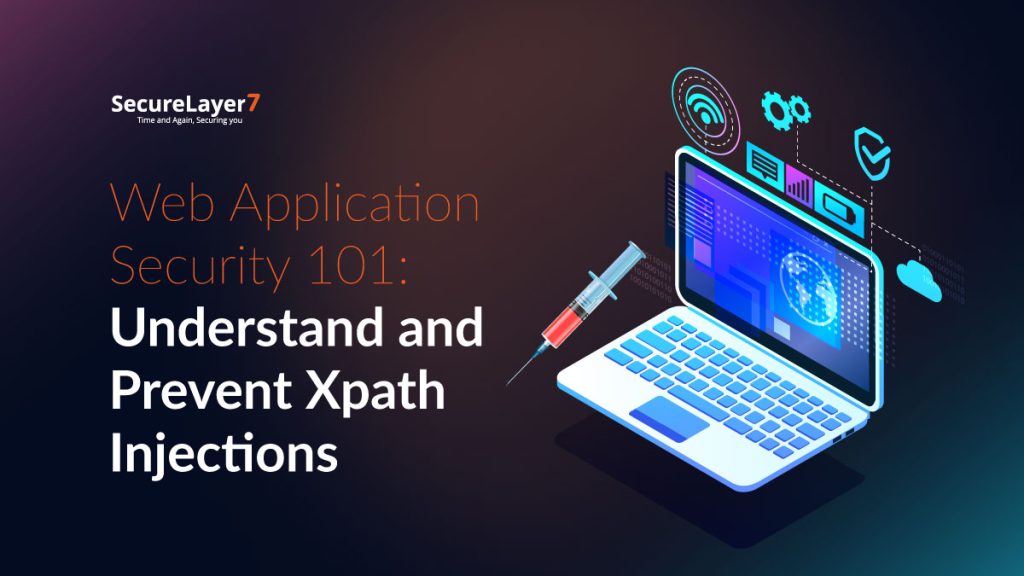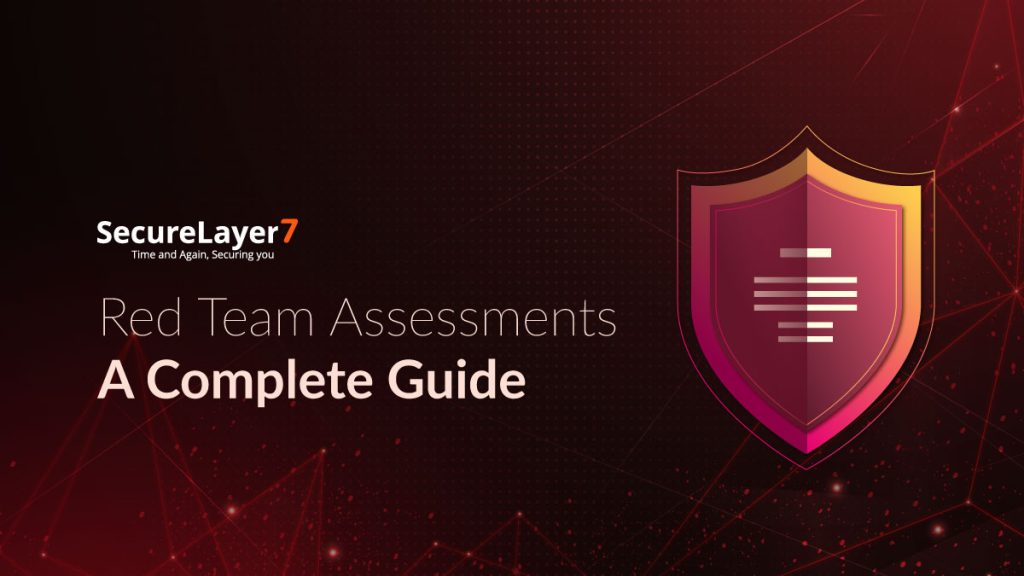
OWASP Top 10 Vulnerabilities IoT Security: Lack of Physical Hardening
January 19, 2021
Web Cache Poisoning – A Modern Methodology of Attacking Large User-Base
February 3, 2021
India desperately needs more cyber-heroes to defend its web-fronts(and backs)! As one of the major economies of the world, India has and sincerely contributed to the large scale digitalization and virtualization of its economic, financial, governance as well as administrative systems. On its way to emerge as one of the software product-making powers, India as a whole is in a dire state of need to invest in reliable cybersecurity resources to protect its digital assets. Even though the imperative and prompt necessity to upgrade our cybersecurity defenses at par with developed economies cannot be overstated, a grounded solution of introducing cybersecurity as a part of the IT curriculum might just be the most efficient one for the long run.
Concerningly so, India was ranked the third-most cyber-attacked country in the world.
It is alarmingly evident that India being the world’s second-largest internet-connected country needs to bring more cyber-heroes to the forefront to face these inevitable threats posed to its IT-driven product and services infrastructure and systems.
Cybersecurity is not network security:
Cybersecurity and network security, though seemingly having branched out from the same philosophy of internet security, are very much distinct from each other. They are more than often mistakenly perceived as one and the same. The most significant difference can be chalked up to the fact that while network security focuses on securing the authenticity of IT frameworks, cybersecurity predominantly pertains to protect internet-linked structures and networks as well as defend against targetted attacks at accessing and sabotaging sensitive data with mal-intents to extort credit form either users or organizations. Additionally, network security involves managing and deploying firewalls, VPNs, routers, switches, and other network-monitoring tools while the benefits of installation and upgrading safety software, monitoring of networks to detect security breaches, and simulation of attacks to identify vulnerabilities are provided with the appropriate engagement of cybersecurity practices. These perceptible differences between the very essence of these services very much speak for themselves as to why there is an urgent need for cybersecurity to have an individual and more structured course in colleges and universities. Conventionally, the closest that IT curriculums came to regarding cybersecurity was the standard and consistent integration of network security subjects. Majors such as computer engineering, software engineering, network engineering, software testing, hardware testing, etc as a part of BTech/BE, MTech, and MSc courses hardly do justice to the vast case of network security and, in-extension, cybersecurity with the subject being primarily limited to college and university classrooms.
Also read,
An exhilarating demand for academic cybersecurity:
Distressing as it may, our current battles against COVID-19 and the ultimate shift towards the work from home and distance education scenarios have given rise to the inevitable and ever-rising online security threats that come with them. The importance and implementation of cybersecurity measures are, now, more prevalent than ever. Albeit not particularly enough to fulfil the rise in demand, many private, as well as government institutions, have introduced specialized and standalone courses on cybersecurity. These diverse provisions for a degree, diploma, and certification programs have refreshingly found enthusiasm and popularity among students as well as professionals. One can easily find convenient options for engaging in these courses that vary from part-time to distance learning to full-time online modes.
The government’s involvement in mainstreaming the subject is currently playing an important role to educationalize and commercialize it on a large scale. If certain academic monitoring websites are to be considered there are currently 204 colleges that offer UG and PG level programs in cybersecurity. IIT Madras has also taken an initiative to launch a Certified Cyber Warriors course to dabble into academizing cybersecurity. The National Institute of Electronics and Information Technology has been instructed to commence courses on cybersecurity with its 24 centres that span across the country. Furthermore, other initiatives by the government also include the training of law enforcement and judicial officers by launching an online PG diploma in cyberlaw, crime investigation, and digital forensics by the National eGovernance Division in partnership with the National Law Institute University, Bhopal.
Are we able to meet the demands?
Evidently, it is high time that IT syllabi and curriculums start integrating cybersecurity and all its sub-disciplines as one of the utmost important components of today’s world or as we call ‘the new normal’. We also need to look into the matter of upgrading the quality of STEM graduates for the sake of reinforcing and boosting the relevant human resources. However positive the increasing consideration of the cybersecurity courses for professional as well as career choices, it is still not as sufficient as it requires to be. Astonishing research reveals that against an estimated demand for a million cybersecurity experts, India has less than 10,000 professionals. Since the cybersecurity industry is expected to grow to a whopping $3 billion by 2022, only an obvious and significant increase in the number of cybersecurity professionals would be able to respond to the demands.


